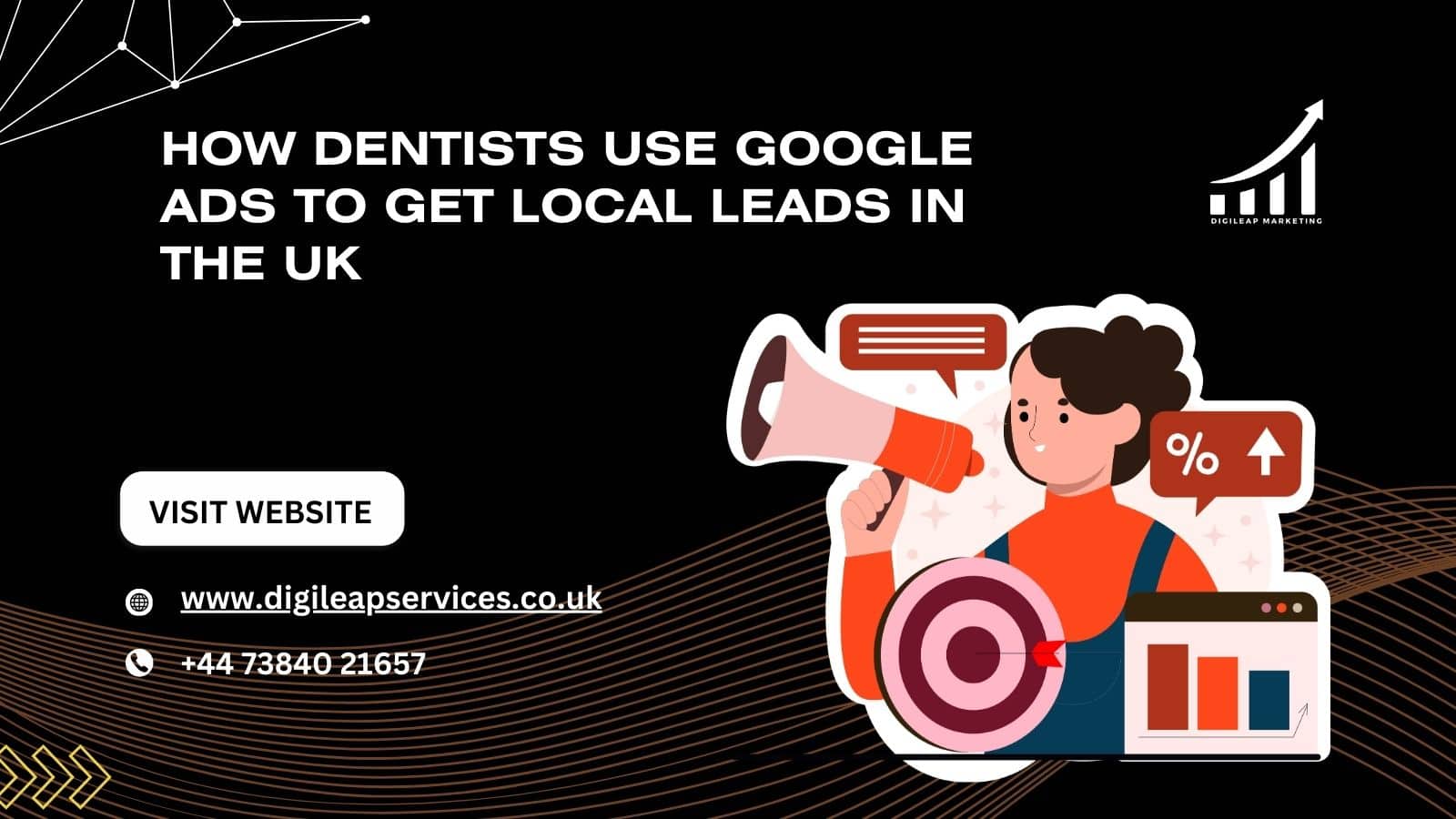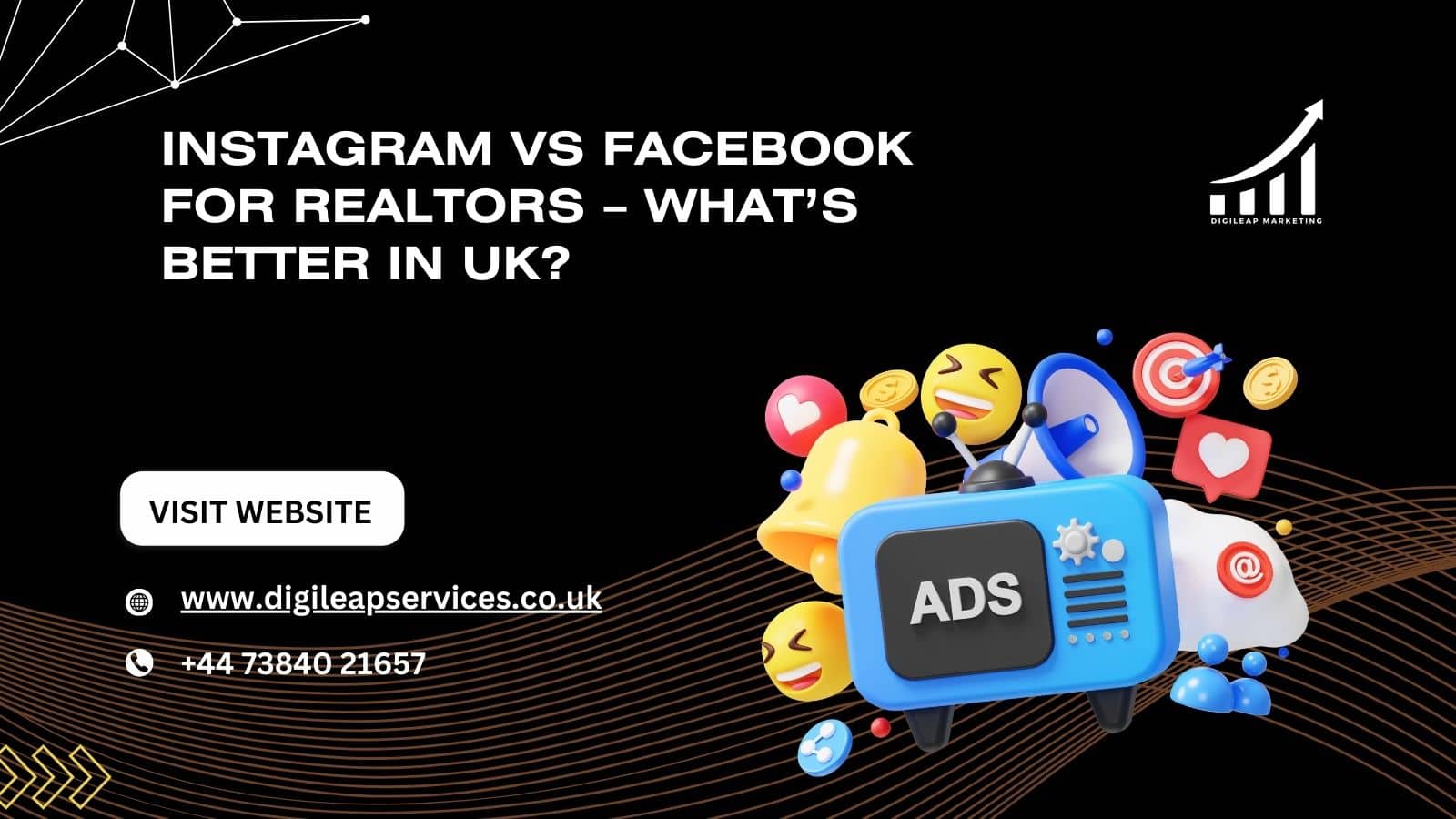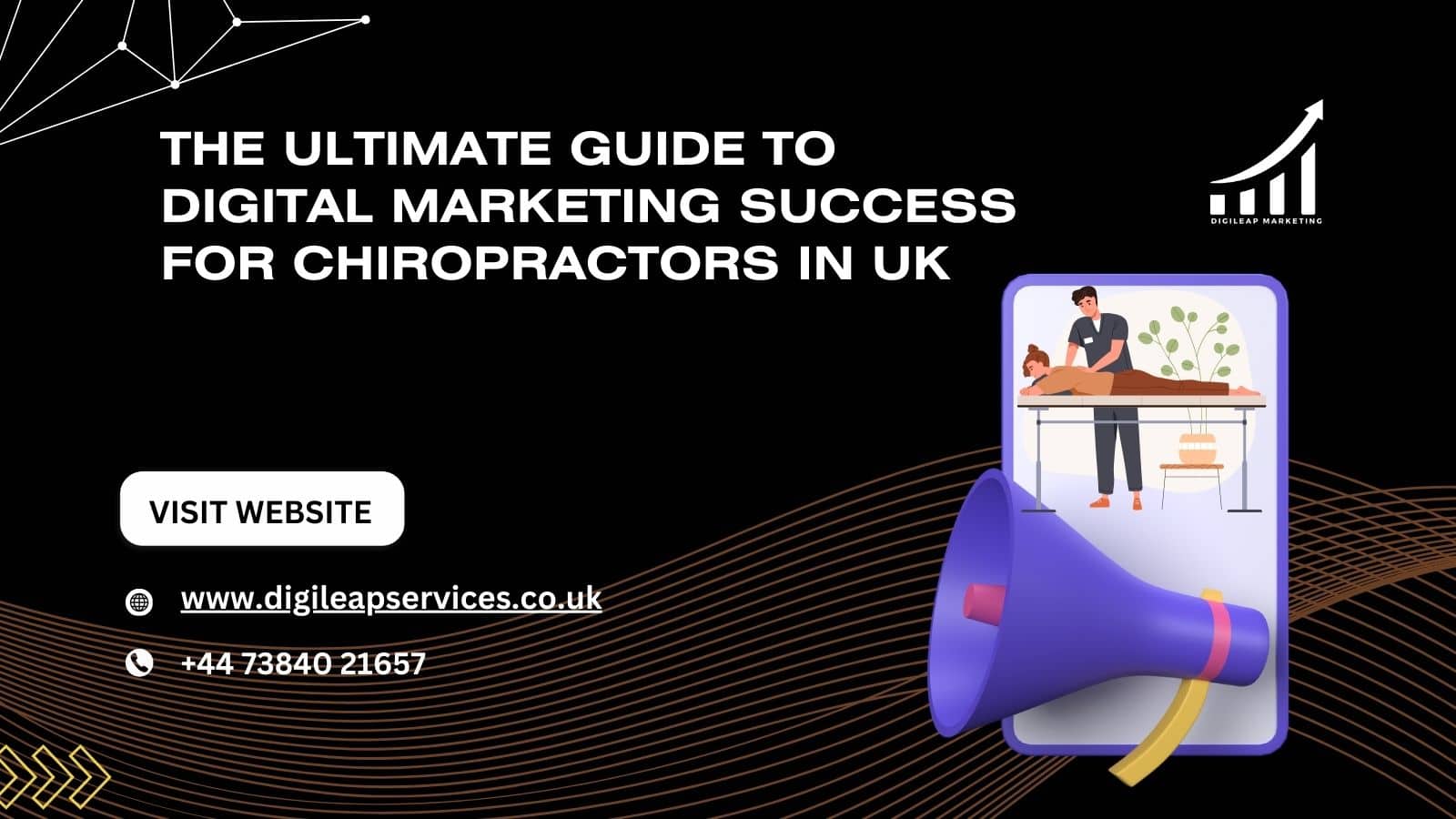How Dentists Use Google Ads to Get Local Leads in the UK
So, how do dentists pull in local leads with Google Ads?
Let’s face it—running a dental practice in the UK isn’t just about fillings, floss, and fluoride anymore. It’s about visibility. People aren’t flipping through the Yellow Pages—they’re Googling “dentist near me” right from their phones, often when they’re in pain or in a hurry. That’s where Google Ads for dentists comes into play.
And let’s be honest—this isn’t about cramming keywords into random ads like it’s 2015. Dentists today are running smart, location-based, mobile-first campaigns that actually bring in patients who live nearby and need help now. Real results, not guesses. In fact, Statista reported that search ad spending in the UK shot past £11 billion in 2024, with healthcare climbing fast among the top-performing industries.
So how do UK dentists make Google Ads work for them—without wasting budget or attracting clicks from the wrong crowd?
Let’s dive into three powerful ways dental practices are using Google Ads to win in their local market.
1. Hyper-Local Targeting That Pulls in Nearby Patients
Geo-Fencing Specific Postcodes
No one in Bristol wants a dentist in Manchester. That’s exactly why a lot of dentists now run geo-fenced ads—basically, they’re telling Google, “Only show this to people within 5 or 10 miles of my clinic.” You can even pick specific postcodes or cut out certain areas completely if you’re getting useless clicks from the wrong side of town.
Oh, and here’s something clever a few clinics are doing: bumping up their ad bids around lunchtime or after work—basically the times people are scrolling and more likely to hit “Book Now.”
“Location-based ads gave us a 34% boost in appointments from people less than 3 miles away,” — Dr. Hannah Price, Leeds
Using Location Extensions
When someone Googles “dental clinic near me,” they don’t want to scroll—they want a map, address, and phone number right there. That’s what location extensions do. These clickable add-ons give users directions instantly via Google Maps.
It’s like putting a virtual signboard right in front of your practice door.
Targeting Mobile Searches
Over 80% of UK consumers use their smartphones for local health-related queries, says Statista. Dental ads with mobile-optimized call buttons and appointment links tend to convert way better.
Let’s be honest, if someone’s tooth is hurting, they’re not emailing you. They’re tapping a button and calling.
2. Smart Ad Copy That Converts Scrolls into Bookings
Pain Points in the Headline
No, not metaphorical pain—actual pain. Ads that say “Get Relief from Toothache in 30 Minutes” or “Same-Day Emergency Dentist in Birmingham” trigger action. The copy hits where it hurts—literally.
Instead of “General Dental Services,” think “Emergency Tooth Extraction – No Waiting” or “Invisalign Consults – Free This Week Only.”
Dynamic Keyword Insertion
This clever trick lets Google auto-insert the user’s search phrase into your ad text. So if someone types “Invisalign near Southampton,” the ad headline can reflect exactly that. It builds relevance instantly.
Want to test it? Create two versions of your ad—one with standard text, one with dynamic insertion—and see which performs better.
Trust Signals in the Description
People trust dentists with stars. Mention your Google Reviews, years of experience, or CQC rating in your ad description. Real credibility like “Rated 4.9 stars by over 200 patients” gets clicks.
And don’t forget the landing page. If your ad promises pain relief, make sure the landing page follows up. Otherwise? Bounce city.
3. Retargeting & AI-Driven Campaigns That Keep Leads Warm
Retargeting Site Visitors
Not everyone books on the first click. But if they’ve been to your site, you can stay top of mind using retargeting ads. These follow users around the web—on YouTube, news sites, even apps—reminding them to schedule that cleaning or root canal they almost booked.
It’s like a polite nudge. “Hey, remember us? We still have that Saturday slot open.”
AI-Powered Smart Bidding
Google Ads now offers Smart Bidding powered by machine learning. You set your goal (say, calls or appointment forms), and the system adjusts bids automatically based on what’s most likely to convert.
This removes a lot of guesswork and lets your ads show up when they’re most likely to lead to a new patient.
Digileap has worked with clinics using Smart Bidding and saw CPCs (cost per click) drop by 22%, while conversions jumped by over 40% in the first 60 days.
Google Performance Max Campaigns
This is the shiny new toy in Google Ads. With Performance Max, your ads run across all of Google’s platforms—Search, Display, Maps, Gmail, and YouTube—automatically optimized for conversion.
So instead of building 5 separate campaigns, you build one powerful funnel. Clinics using Performance Max often see a 5–7x ROI, especially when paired with strong local intent keywords.
Google Ads Are a Game-Changer for Local UK Dentists—-Let’s wrap it up.
Let’s not sugarcoat it—Google Ads work when they’re done right. Dentists who show up exactly when someone nearby types “emergency root canal near me”? Those are the ones filling up their chairs. It’s not about running ads everywhere—it’s about running them in the right place, at the right time, with the right message.
Sure, tools like Performance Max help a lot. But even the smartest system won’t help if your ad says the wrong thing or shows up for the wrong crowd.
And if your clinic’s been feeling a little too quiet lately, maybe it’s time to stop guessing and work with someone like Digileap who’s done this a hundred times. It could be the shift you need to get patients clicking that “Book Now” button.
TL;DR – How Dentists Use Google Ads to Get Local Patients in the UK
Run postcode-specific campaigns so ads reach only people nearby
Use mobile-first ads with location extensions and click-to-call buttons
Smart tools like Performance Max, retargeting, and Smart Bidding help stretch your budget
A well-built Google Ads strategy can bring in more real patients without wasting clicks
If your practice feels a bit too quiet lately, it might be time to get serious about ads
Want more leads? Make sure your Google Ads are working as hard as your drill. 🦷







